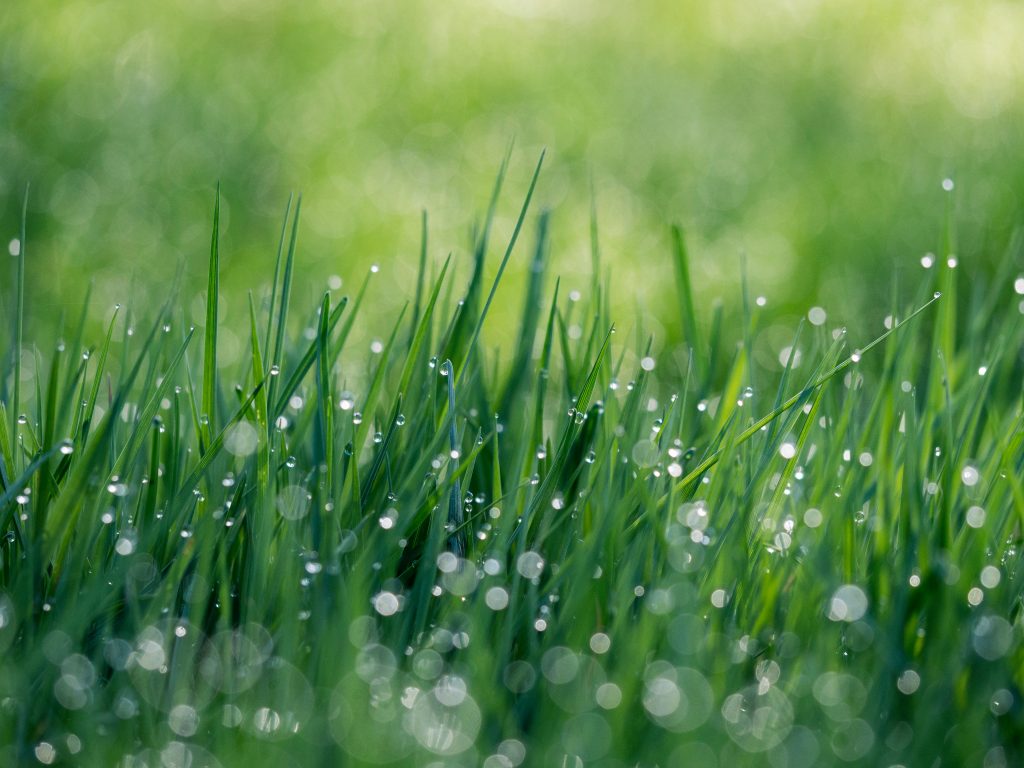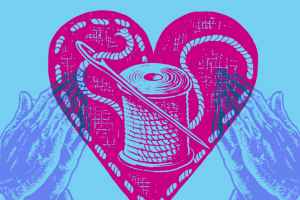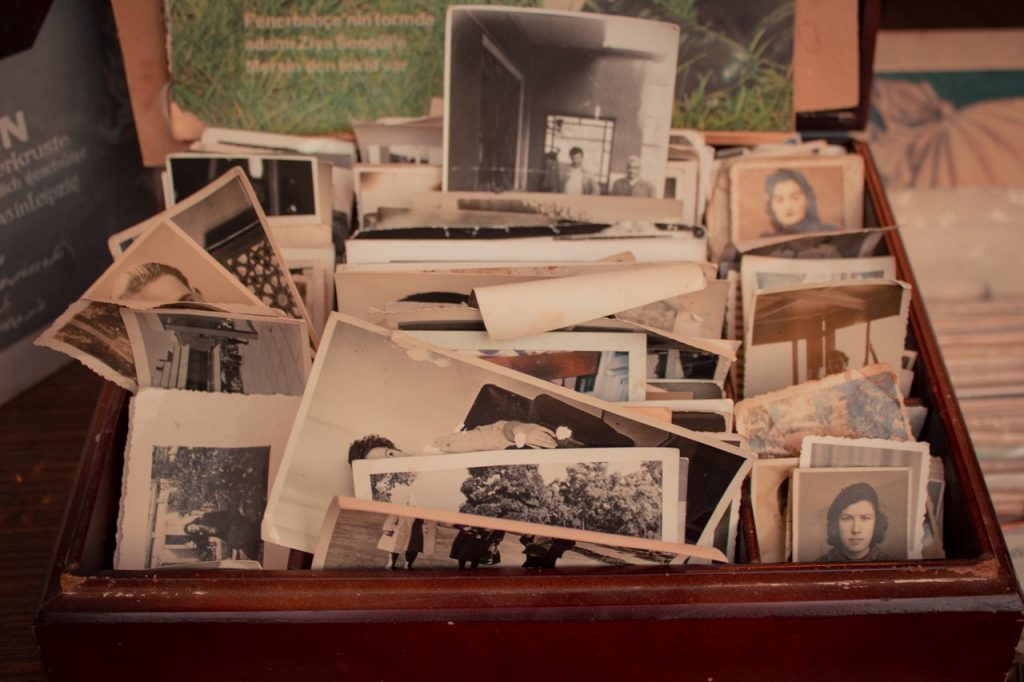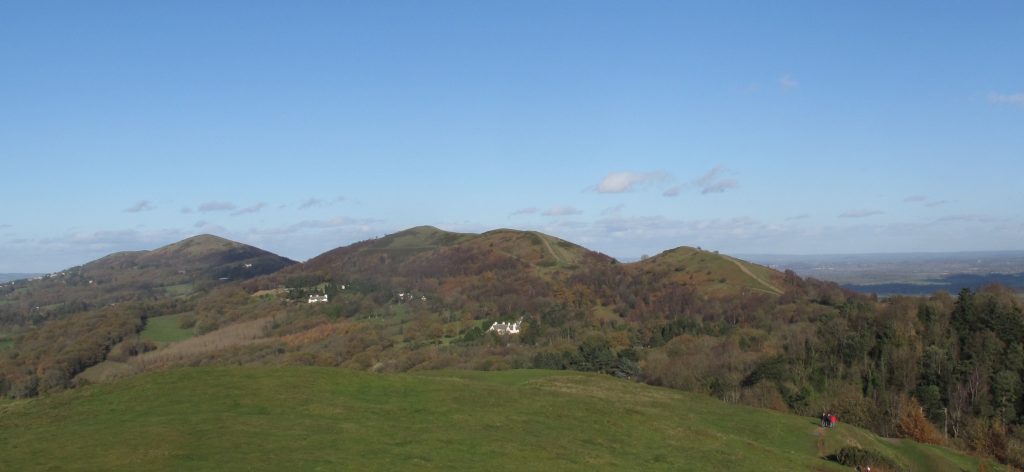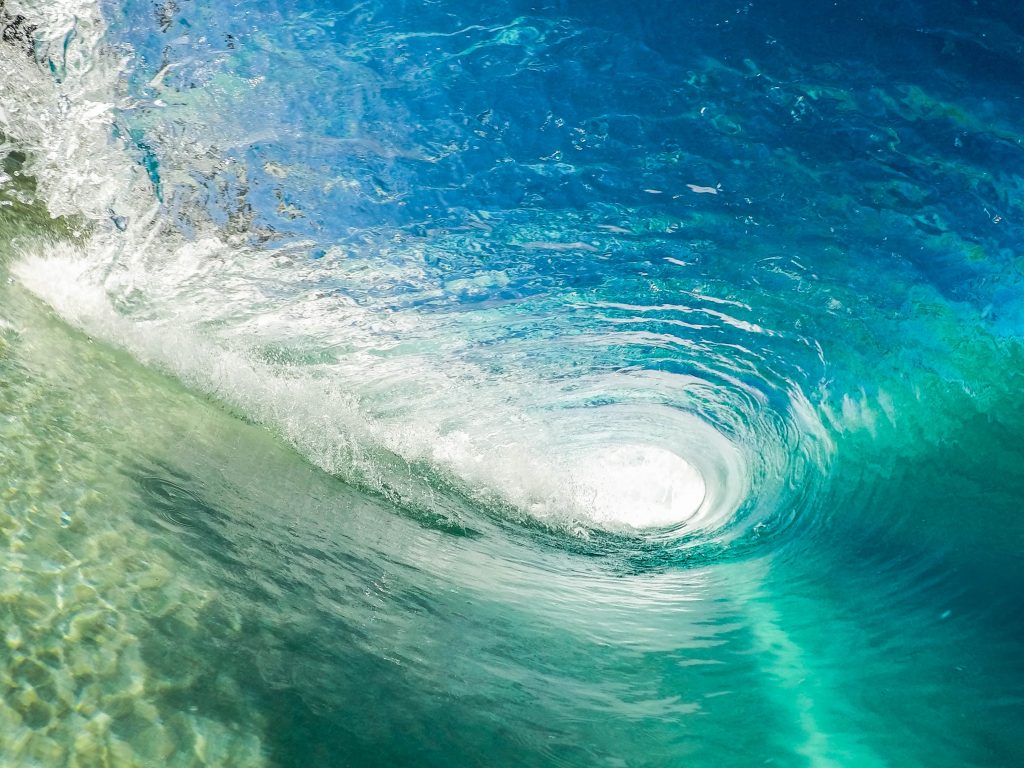Rearranging Furniture

Dharma Glimpse by Satya Robyn
Yesterday Kaspa and I were tired after a long week, but I’d got it into my head that we could improve our bedroom, which I’ve always hated, by rearranging the furniture. It’s a small room and so the options were pretty limited, but after few hours of lugging furniture around, a lot of cleaning, a trip to the tip and a new duvet cover (modelled above by Roshi) and an elegant flowery print from a charity shop, we had a whole new bedroom! We were delighted.
We often find that furniture rearranging is a result of some internal rearranging of our furniture. After a previous mental shift we redesigned our living room, and a year later it still makes me happy to sit in it. This current shift is partly a result of a new plan in the temple to run book study groups (styled on Bright Dawn) and offer students a chance to immerse themselves more thoroughly in the Dharma. As we settle down for the beginning of a new chapter in this building, we naturally want to make our home more beautiful and functional, and this unfolded naturally without any new furniture or huge expense.
It is said that around any Buddha, a Pure Land naturally springs up. An enlightened being will want to take care of whatever is around them – planting flowers, keeping things clean, respecting their surroundings. An enlightened being also sees the beauty in what is already there. Finally, an enlightened exudes wisdom and compassion, and so people around them will also move a little closer to enlightenment and will also want to take care of their environment with tenderness.
Sometimes we can’t access any Buddha-energy, and we have to ‘fake it to make it’ – doing the washing up or painting a room because we know we’ll feel better when we’ve finished. Sometimes we are lucky enough to be a channel for the Buddha’s grace. When we are, little Pure Lands will spring up around us, and hanging out in them will make us as happy as I am in our new bedroom.
Namo Amitabha.


